Introduction to Plasterboard Disposal:
Plasterboard is a widely used material in construction, known for its versatility and ease of installation. However, its disposal presents unique environmental challenges due to its composition. Understanding these challenges is the first step in responsible waste management.
Why Plasterboard Requires Special Handling:
Composition: Plasterboard is primarily made of gypsum, which can produce hydrogen sulphide gas when landfilled with biodegradable waste.
Environmental Concerns: The emission of hydrogen sulphide gas is harmful to both the environment and human health.
Legislation on Plasterboard Disposal:
Background: In 2009, the Environmental Agency introduced specific legislation regarding the disposal of gypsum-based materials, like plasterboard.
Requirements: This legislation mandates that plasterboard must not be disposed of in landfills and should be separated for recycling.
Scope: The legislation applies universally, whether you’re an individual undertaking a home renovation project or a business involved in large-scale construction.
Practical Guidelines for Householders:
Preparation for Disposal: Remove the plasterboard from any other waste streams before heading to the local tip. It might involve some manual separation at home.
Utilising Local Recycling Centres: Many local recycling centres now have specific protocols and facilities for plasterboard disposal, making it easier for individuals to comply with the legislation.
Plasterboard Disposal for Businesses:
Developing a Waste Management Plan: Developing a comprehensive waste management plan is key vital for businesses, especially those in the construction industry.
Business Obligations: Businesses generating significant amounts of plasterboard waste must segregate this waste stream.
Professional Waste Disposal Services: Engaging services like Skip Hire Epsom can streamline the process, ensuring plasterboard is disposed of legally and in the most environmentally friendly manner possible.
Environmental Impact: Adhering to these guidelines ensures legal compliance and contributes to environmental sustainability.
Advantages of Proper Plasterboard Disposal:
Environmental Benefits: Proper disposal and recycling of plasterboard significantly reduce the negative impact on the environment.
Compliance with Regulations: Adhering to the legislation helps avoid legal penalties and contributes to a positive corporate image.
Contribution to Sustainability: Recycling plasterboard contributes to the circular economy, reducing the demand for raw materials and minimising waste.
Conclusion:
Understanding and complying with plasterboard disposal legislation is crucial for individuals and businesses. At Skip Hire Epsom, we provide specialised services for the disposal and recycling of plasterboard, ensuring that your waste management practices align with current environmental regulations. Our services are designed to handle plasterboard waste efficiently, offering our residential and commercial clients peace of mind.
Frequently Asked Questions
What are the legal requirements for plasterboard disposal?
The 2009 legislation by the Environmental Agency requires that gypsum-based materials, like plasterboard, must not be landfilled. They should be segregated and recycled or recovered.
Why is it essential not to use landfill plasterboard?
Landfilling plasterboard can lead to the production of hydrogen sulphide gas, which is harmful to the environment and human health.
How should households dispose of plasterboard?
Households must segregate plasterboard from other waste types before taking it to their local waste disposal site or tip.
What should businesses know about plasterboard disposal?
Businesses producing large volumes of plasterboard waste must keep it segregated from others and dispose of it responsibly to avoid potential fines.
Are there any special considerations when recycling plasterboard?
Yes, plasterboard must be free of contaminants like nails, screws, and wallpapers to ensure efficient recycling.
Can Skip Hire Epsom help with plasterboard disposal?
Skip Hire Epsom offers specialised services for residential and commercial clients to handle plasterboard waste effectively, ensuring compliance with environmental regulations.
Is plasterboard recycling beneficial for the environment?
Yes, recycling plasterboard reduces the need for landfill space, minimises the release of harmful gases, and contributes to the circular economy by reusing materials.
Read Further: HOW TO DISPOSE OF PAINT RESPONSIBLY
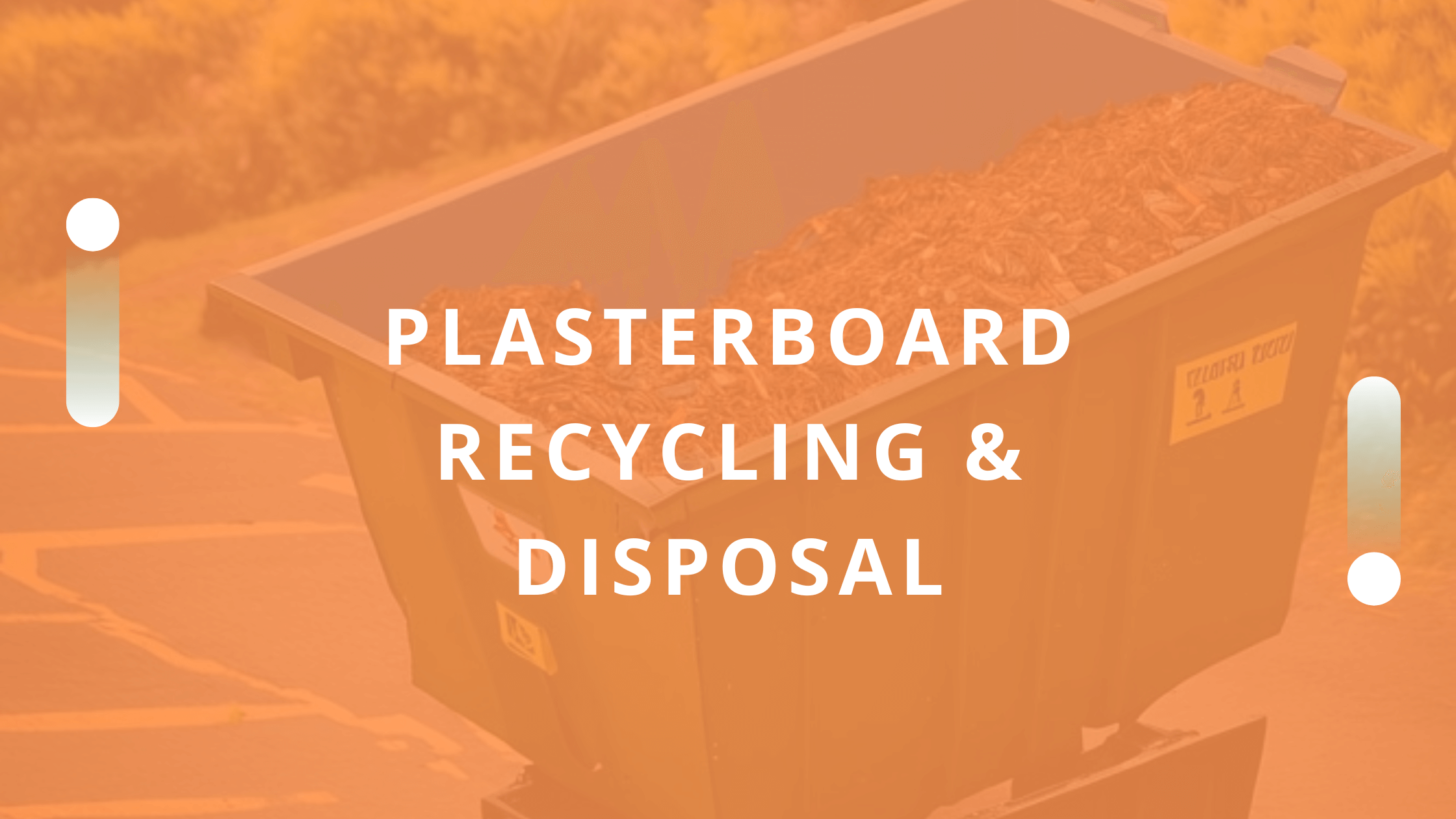
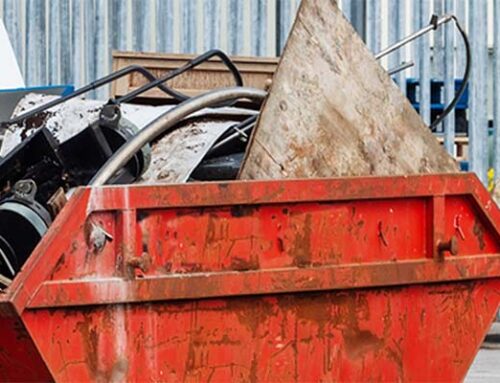
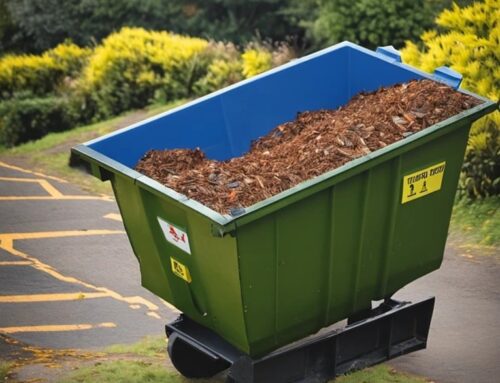
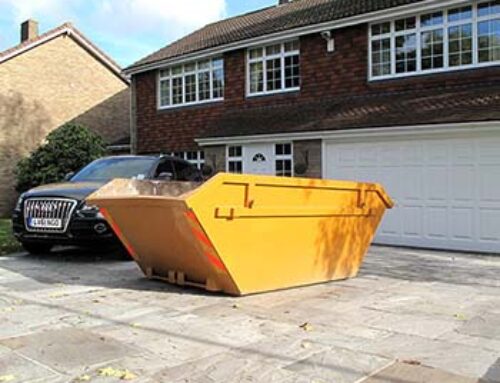
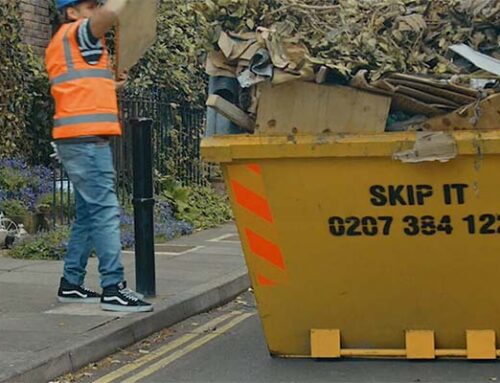
[…] Read more: Plasterboard Recycling & Disposal […]